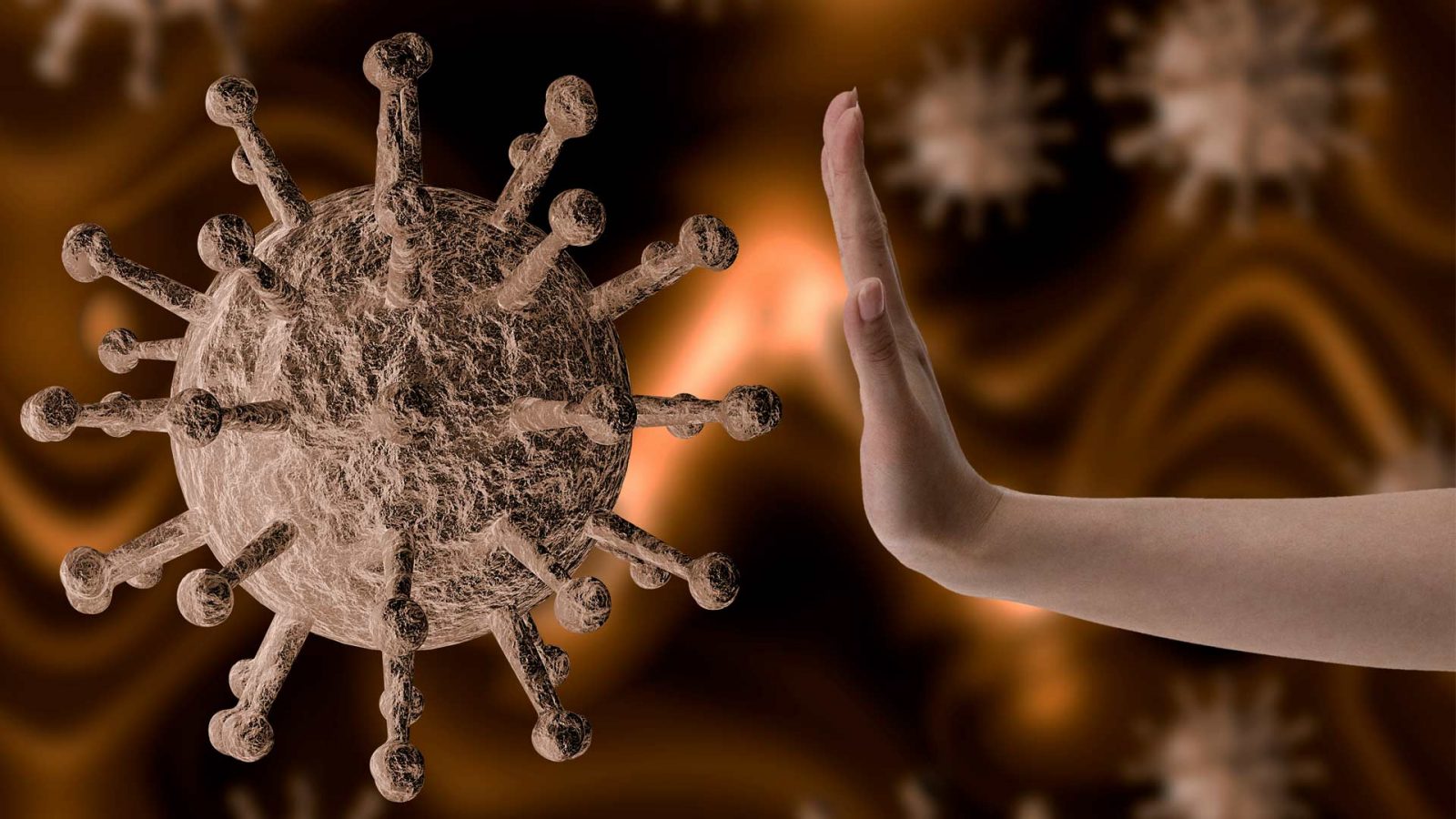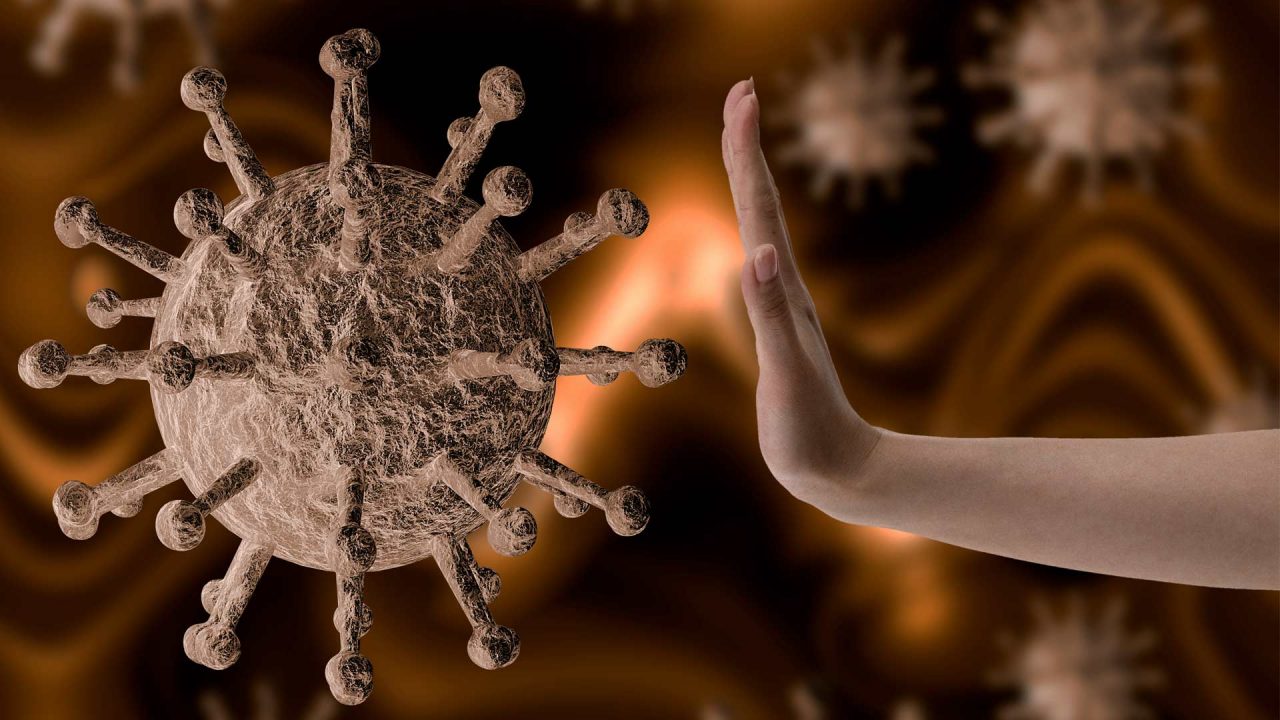
As you are probably well aware, coronavirus (COVID-19) is spreading in the U.S. and we need to prepare. How do we know who to listen to, and what does it mean to prepare? With countless social media posts, uncertainty about the reliability of mainstream media, questionable reporting about the virus by the Chinese government, conspiracy theories and finger pointing, it’s difficult to know what is really happening. Fear of the unknown can lead to unwise actions.
With all of the information, misinformation, speculation, and outright fearmongering, I thought I’d address what we do know, acknowledge what we don’t, and outline a few practical actions that I’m thinking about as a family physician in Anchorage. I would also like to bring some clarity on what Alaska’s faith community needs to keep in mind to help our communities address this issue in a reasonable fashion that is not based on unfounded fear or overreaction.
OVERVIEW OF THE DISEASE
I will make my remarks as my professional opinion, drawing from the recommendations of the CDC, the World Health Organization, and the Alaska Department of Health and Human Services.
Reported illnesses have ranged from mild symptoms to severe illness and death for confirmed cases.
The coronavirus (COVID-19) is a new disease and we are still learning how it transmits, the severity of illness it causes, and to what extent it may spread in the United States. While there are no known cases in Alaska as of March 9 (UPDATE: The first case was identified on March 12), Alaska’s Chief Medical Officer Dr. Anne Zink states that it is likely the virus will find its way here. In a letter to the Alaska State Medical Association she provides resources to prepare for this eventuality. The virus is transmitted by droplet secretions, can be acquired from direct contact with an infected person or from inert surfaces where the virus has landed. One challenge is that the virus can be transmitted from person to person in the absence of any obvious illness. In this way, a person harboring the virus without symptoms may transmit it to another unknowingly.
ALASKA WATCHMAN DIRECT TO YOUR INBOX
Reported illnesses have ranged from mild symptoms to severe illness and death for confirmed cases. Symptoms include fever, cough, shortness of breath, and may appear 2-14 days following exposure, and maybe longer. The CDC advises people to contact their physician if they develop symptoms, and have been in close contact with a person known to have COVID-19 or have recently traveled from an area with widespread or ongoing community spread of COVID-19.
The CDC also recommends we practice everyday preventive behaviors. Stay home when sick. Cover coughs and sneezes. Frequently wash hands with soap and water. Clean frequently touched surfaces. The virus can be neutralized with bleach and other cleaning agents, and basic rules of hygiene are strongly encouraged.
HARDEST HIT AREA
Currently, the hardest hit area in the U.S. is in King County, Washington, where a cluster of cases have been linked to the Life Care Nursing Facility in Kirkland. The governor of Washington declared an emergency in King County on March 4. The emergency declaration listed immediate measures to curtail spread of the disease.
For most Alaskans traveling to the lower-48, Seattle remains a major hub, and the likelihood of community transmission is high.
Public Health is recommending, but not requiring, the following steps for those in King County:
- People at higher risk of severe illness should stay home and away from large groups as much as possible, including public places with lots of people and large gatherings where there will be close contact with others. People at higher risk include those 60 and older, those with underlying health conditions including heart disease, lung disease, or diabetes, people with weakened immune systems, and pregnant women.
- Workplaces should enact measures to allow employees who can work from home to do so. This can help reduce the number of workers exposed to COVID-19 and help minimize absenteeism due to illness
- If you can feasibly avoid bringing large groups of people together, consider postponing events.
- Public Health is not recommending closing schools at this time. If there is a confirmed case of COVID-19, Public Health will work with the school and the district to determine the best measures including potential school closures.
All people should not go out when they are sick.
Avoid visiting hospitals, long term care facilities, or nursing homes to the extent possible. If you need to go, limit your time there and keep six feet away from patients.
Click here for more details on these measures.
SPRING BREAK TRAVEL
For most Alaskans traveling to the lower-48, Seattle remains a major hub and the likelihood of community transmission is high. In the event of an outbreak in Alaska, we will follow the guidelines of the CDC and the Alaska Department of Health & Human Services.
What will you do if you need to stay home for two weeks or so?
The Anchorage School District is taking measures during the spring break to deep clean classrooms and prepare for the possibility of an outbreak with students and travelers returning from travel. The Anchorage Health Department recommends preparing for disruptions to daily life. This does not include panic buying at your local Costco or Freddies.
DISRUPTIONS TO DAILY LIFE
What will you do if you need to stay home for two weeks or so? If coronavirus show up in our community, schools might close for a week or two, offices might close, events might be canceled, and there could be recommendations to stay away from crowded places. What critical items do you need if you are not able to go to the grocery store for two weeks? Do you have enough prescription medications to last for a period of time?
Wash your hands. It’s so simple but it works! You probably already wash your hands before you eat and after you go to the bathroom. How about adding another washing as soon as you get to your office or when you get home? Wash with soap and water for at least 20 seconds. Hand sanitizer and sani-wipes are not fool proof substitutes but may help.
I’ll be extra careful to avoid people who might be at high risk, like elderly friends and family members.
It might be tempting, but don’t buy masks. Why not? The likelihood it will protect you is low, so it is sort of a waste of a mask. It will, however, protect medical caregivers who have patients coughing directly into their mouths. You don’t want to get sick and then have no one to take care of you because the doctors and nurses are sick or don’t have the supplies they need. There may be circumstances where you are advised to wear a mask (like if you have coronavirus). If that happens you will know. Pay attention to local updates and recommendations for our community.
IF YOU GET THE VIRUS
If I get coronavirus, my plan is to do all those normal things that I do when I am sick: stay home, rest, drink fluids and communicate with my doctor. I’ll be extra careful to avoid people who might be at high risk, like elderly friends and family members. It’s clear that the elderly (defined as 60+) and those with preexisting health conditions such as diabetes, emphysema, heart disease, and compromised immune systems are at much greater risk of severe infection and death. If you can manage your symptoms at home, and do not require hospitalization, your odds of recovery are quite good. Younger individuals and children have shown milder symptoms and easier recovery. While highly infectious, the mortality rate is still low.
We may need to minister to those who are sick and shut-in by bringing meals, offering prayer and encouragement.
ROLE OF FAITH-BASED COMMUNITY
How might the faith-based community demonstrate the love and compassion of Christ at such a time as this? The Apostle Paul informed the church in Corinth that we walk by faith, not by sight. He instructed Timothy that we have not been given a spirit of fear, but of power and of love and of a sound mind. Even so, we must be prudent, and cooperate with governing authorities (Romans 13:1). We should follow the mandates of our local, state and national health departments. That means staying informed.
An offering plate might become a vector, requiring other methods in receiving a collection.
On any given Sunday, tens of thousands of Alaskans gather for worship. It is prudent to inform them of the CDC recommendations as they attend our churches. We can employ basic hygiene and encourage those at risk to refrain from attending in person – perhaps participating by internet or television. It would be appropriate to remind people who may be ill – particularly those with cough and fever – to refrain from attending until they are well. We may need to minister to those who are sick and shut-in by bringing meals, offering prayer and encouragement.
If your church offers common-cup communion, you might want to discontinue or offer a substitute method until this crisis passes. The same applies to a communion tray passed throughout the congregation. A cough or sneeze from an infected person could be quite disastrous. An offering plate might become a vector, requiring other methods in receiving a collection. We may need custodial staff to be extra diligent in their services and ask everyone to pitch in on cleaning and wiping common surfaces at our assemblies. For that matter, we might want to hold off on community meals with shared utensils. Sharing cell phones, writing utensils, keyboards, soundboards, AV equipment, data entry kiosks, doorknobs and handles all require special attention to prevent surface transmission of the virus.
We are all in this together, and by the grace of God we will see our way through this.
We don’t want to operate in unhealthy fear. On March 4, NPR published an article on fear of Asians, which is already taking place as a result of the outbreak. Some people have become uncivil to those they perceive to be sick in public. We don’t want to be the “cough police.” If concerned, offer a Kleenex, a cough drop, a word of encouragement, a prayer for wellness, and a gentle reminder of how important it is that we all observe good health practices. We are all in this together, and by the grace of God we will see our way through. Share the Peace of Christ, and the world will know we are Christians by our love.
RESOURCES
The writer is an osteopathic family physician and founder and Medical Director of Cornerstone Clinic: Medical Center in South Anchorage. He serves on the Board of Directors of Alaska Medical Missions, Muldoon Community Assembly in Anchorage, and Northwest University in Kirkland, WA.
The views expressed here do not necessarily express those of the Alaska Watchman.







